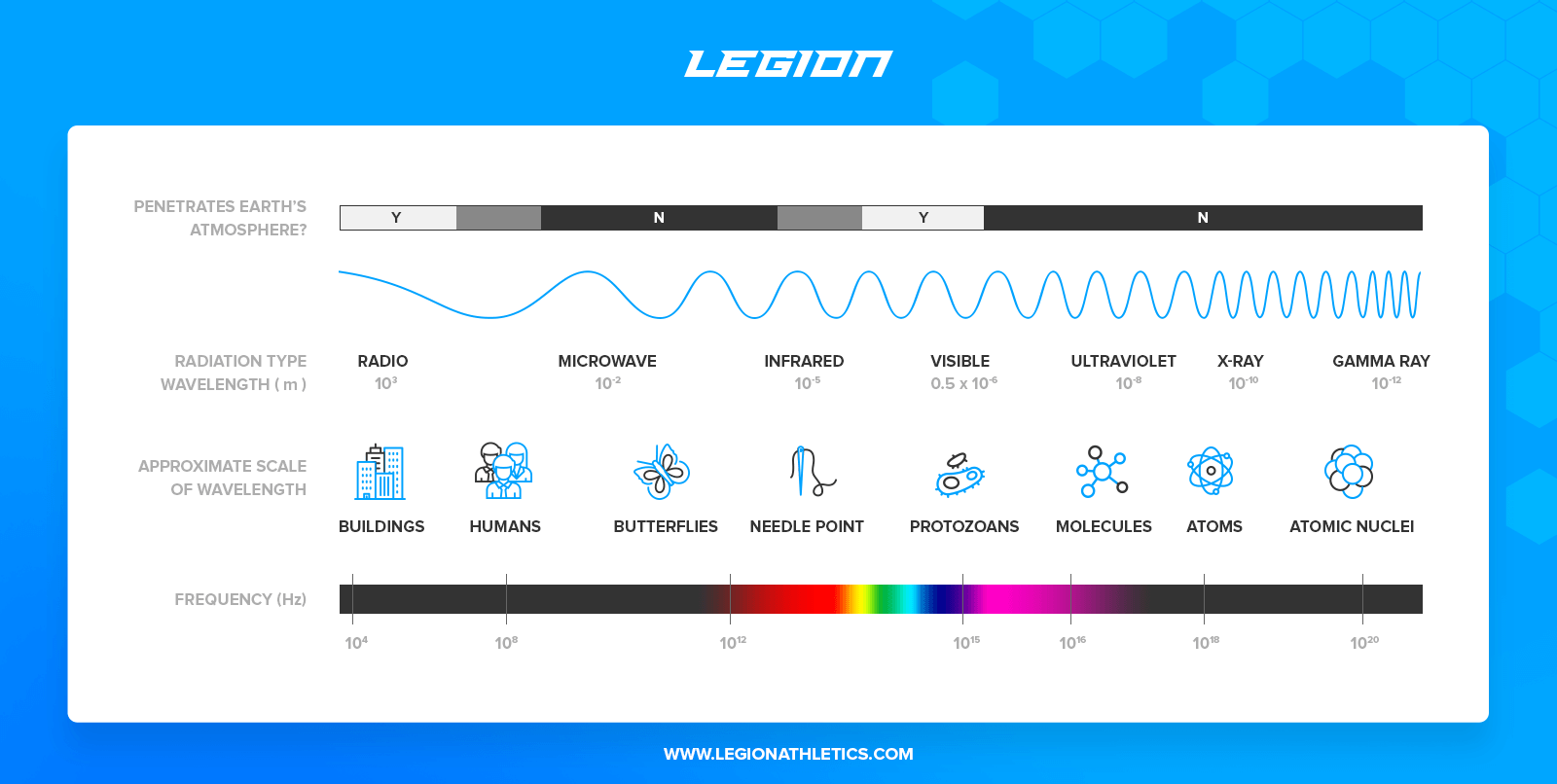
Walking is an excellent exercise. However, it's not all that good. Strength training can be done by increasing your intensity while you walk. Strength training improves your cardiovascular endurance and can help you burn calories. You should aim to move at a moderately challenging pace to lose weight. Strength/resistance training is also an effective way to lose weight, as it comes with a long list of health benefits.
Increased intensity
There are many benefits of increasing the intensity of your walking. Walking is free of cost and can lead to weight loss. Increased intensity in your walking will help you lose more calories. You can increase your intensity by challenging yourself and increasing the distance. You can even add incline to your walking for an even more intense workout.
Walking can be done with bodyweight exercises, such as push-ups (step-ups), push-ups (step-ups), burpees and glute bridges. You can burn more body fat by walking at a faster pace before moving on to higher-impact exercise. You will feel healthier and have more energy to do more strenuous activity.

Increased hydration
You are probably aware of the many benefits of increased water intake. Walking promotes hydration, which is vital for our bodies. However, it's not always easy to get the recommended daily water intake. Caffeinated drinks are particularly bad for your health as they can make it difficult to drink enough water and can cause you to feel thirsty. You should consume more fruits, vegetables, salty, and other healthy foods to replace the water lost.
To function properly, the brain requires H2O. Human body is 73% water. Any slight dehydration will affect cognitive functions, physical movements, and immediate memories. The brain releases a chemical when cells become dehydrated. This chemical constricts blood vessels and can cause high blood pressure and increase the risk of stroke. Hydration can be avoided by drinking enough water, whether you are walking or performing other physical activities.
Caloric burn increased
Walking to lose weight can be as easy as increasing your intensity. This can lead to a 30% increase in your caloric intake. Walking on uneven terrain may increase your energy expenditure up to 30%. You can think of your core as pulling your shoulders back and engaging your core. With every step, engage your glutes. Walking faster, or on an incline, will increase your heart beat and energy expenditure. It's possible to lose weight quickly by increasing your intensity.
By wearing a watch or fitness tracker, you can measure the calorie-burning benefits of walking. The problem with step-counting devices is that they don't take into account the intensity of your exercise. You should also consult a registered dietitian to determine what kind of diet will work best for you. Walking, unlike other activities, does not require equipment. It can also help to prevent arthritis and knee problems.

Day length increases
It's not only the physical health benefits that walking brings, but also its mental and psychological benefits. Regular walking is proven to help manage diabetes and lose weight. People who exercise regularly have a better sense and more positive mental health, according to researchers. Walking after meals results in lower blood pressure, lower cholesterol and a lower overall weight. Even if your health is not in question, walking can help to avoid future health problems.
Adding intervals and hills to your walk can help you burn more fat. In addition, increasing the time of day you walk can help you burn more calories than if you exercised only at night. Walking isn’t a complete workout, but it can increase your metabolism to improve your overall health. Talk to your doctor before you begin a walking routine if you have been sedentary for some time.
FAQ
Is there a difference in intermittent fasting and calorie restrictions?
Calorie restriction is a way to eat less than your body needs. Intermittent fasting differs from other types of intermittent fasting in that it does not restrict calories. Rather, it focuses on eating fewer calories throughout the day.
Intermittent fasting can be more effective as it allows you to eat the foods you love and not feel guilty.
However, both methods have their pros and cons. You will need to decide which method is best for you.
Why lose weight when you are 40 years old?
Maintaining health and fitness is the most important thing for people over 40. It is vital to find healthy ways to stay active throughout your lifetime. This includes regular exercise, eating right, not smoking, moderate alcohol, and regular exercise.
It is also important to understand that as we get older, our bodies change. Our bones weaken and our muscles shrink. We can slow down the aging process by taking care of ourselves.
There are many benefits to staying healthy and fit as we age. These are some of the benefits:
-
Better sleep
-
Better mood
-
Increased energy
-
Lower risk of developing cancer
-
A longer life
-
More independence
-
Better sex
-
Better memory
-
Concentration is key
-
Improved circulation
-
Stronger immune system
-
Fewer aches, pains
Is there any side effect to intermittent fasting?
Intermittent fasting does not have any known side effects. However, if you don't plan properly, you might experience some minor issues.
If you skip breakfast, your day might be interrupted by irritability. It is possible to experience headaches and muscle cramps.
These symptoms are usually gone within a few days.
How can busy people lose weight?
Losing weight is as easy as eating less and working out more.
Weight gain is possible if you eat a lot of food. You'll gain weight if you don't exercise enough. But if you combine these two simple habits, you'll start losing weight.
What Weight Loss Can You Expect In One Week?
The amount of weight that you can lose will depend on how high your body fat percentage is. It is important to first calculate how much weight you wish to lose. Then, determine your BMI. Your BMI is a measure of how much weight you need to lose. If your BMI is 25 or greater, you're overweight. If your BMI exceeds 30, you may be obese.
If you are 200 lbs, your BMI will be 28.7. To reach a healthy weight, you would need to lose 70 pounds. To see if you're overweight, visit www.healthyminds.com/bmi/.
Once you know your BMI, you can use this formula to figure out how many pounds you'll lose per week:
(Your Goal Weight - Current Weight)/BMI * 7 Number Of Pounds Lost Per Week
You would need to do 2 weeks of exercise to lose 50 lbs in one month. This is equal to 56 days. Divide that by 7 pounds per week. That works out to 8.3 pounds lost per week.
You could also try this calculator from www.weightlosscalculator.net. It provides an estimate of the number of calories you should consume each day to lose 12 pound per week.
Can I eat the fruits of my intermittent fasting diet?
You can't go wrong with fruits. They contain vitamins, minerals, fiber and antioxidants. However, they also contain sugar which can cause blood glucose levels to spike. This can lead insulin resistance and weight increase. You can lose weight by following an IF diet. Make sure to eat low glycemic fruits like apples, pears and berries.
Is cardio a way to quickly lose weight?
Cardio exercises are great for burning calories and helping you lose weight. It all depends upon how much fat you have stored, and what type or exercise you do.
Cardio exercises might not be enough to lose excess weight if your body is overweight.
You should combine them with dieting or other types exercise.
Cardio exercises, such as running or jogging, can help you lose weight quickly. These exercises burn calories more than any other type.
Resistance training is necessary if you are looking to build muscle and not lose fat. Resistance training uses no weights or machines. It also includes elastic bands and free weights.
Combining cardio exercise with resistance training is a great way to lose weight quickly.
A combination of cardio and resistance training will help you lose weight quickly.
Statistics
- According to Harvard Health, it's estimated that a 155-pound (70-kg) person burns roughly 112 calories per 30 minutes of weight training (5). (healthline.com)
- A 12-week study in 20 women with obesity found that walking for 50–70 minutes 3 times per week reduced body fat and waist circumference by an average of 1.5% and 1.1 inches (2.8 cm), respectively (healthline.com)
- One 6-month study showed that simply doing 11 minutes of strength-based exercises 3 times per week resulted in a 7.4% increase in metabolic rate, on average. (healthline.com)
- According to Harvard Health, it's estimated that a 155-pound (70-kg) person burns around 167 calories per 30 minutes of walking at a moderate pace of 4 mph (6.4 km/h) (5). (healthline.com)
External Links
How To
How to lose weight fast without exercise
The best way to lose weight fast without exercise is to eat fewer calories than you burn. Your body will start to burn fat stores for energy. In order to get enough calories your body will start to degrade muscle tissue. This can lead to some muscle loss. You can still lose weight if you don't work out while dieting, but you'll probably lose even more muscle mass.
Losing weight quickly without losing weight is as easy as reducing your calorie intake. Many people believe that they need to reduce their food intake in order to lose weight. However, this is not true. In order to lose weight you should eat less calories than you burn. How much should you consume each day? It depends on how much you exercise each day. For example, a runner who walks 3 to 5 miles per day would only require 2,500 calories daily. An individual who works all day at a desk would consume around 1,600 calories each day. A person who exercises frequently (like lifting weights), would only need about 1,600 calories per day.
When you want lose weight, it is important to cut down on your caloric intake. Many people believe they should consume less food, as they feel they are starving. However, this is false. Your body doesn’t care what you eat; it wants to function properly. Tracking your calorie intake is key to losing weight. Many online apps allow you to track your calorie intake. MyFitnessPal is one of the most popular apps.